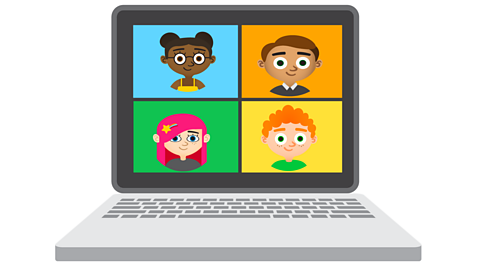Our online world
The internetA giant network of computers connected across the world. and all the different tools that it offers us has made our world bigger and better.
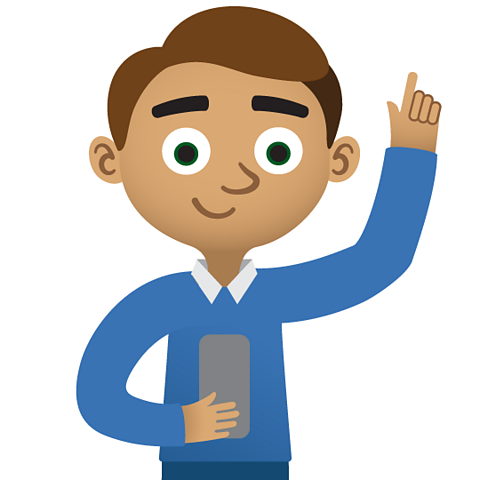
We can connect and communicate with friends and family across the globe and explore a huge digital library of information, entertainment and games.
We can access this onlineConnected to the internet. world using amazing digital deviceA machine or a device with a computer inside, that has been programmed for a specific task. like computers, laptops, smart TV's, mobile phones, smart watches, fitness trackers, games consoles and virtual reality (VR) headsets.
This list is growing every day!

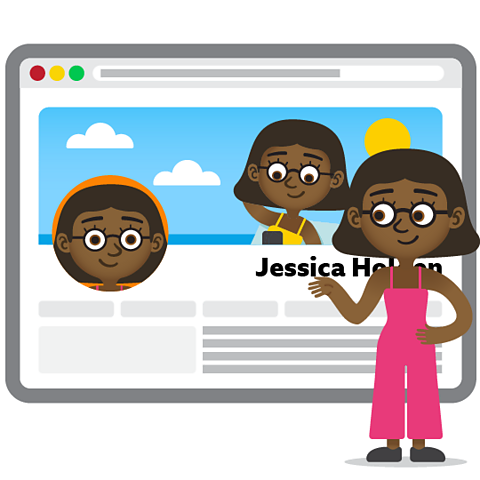
As part of our online adventures we will meet people including family, friends and strangers.
We will set up online accounts and create profileThe name and personal details you share with others from a social media or other online account. that ask us for personal details and information.
It's very important that we know how to stay safe in this online world and how to get help if we need it.
How to protect your online identity?
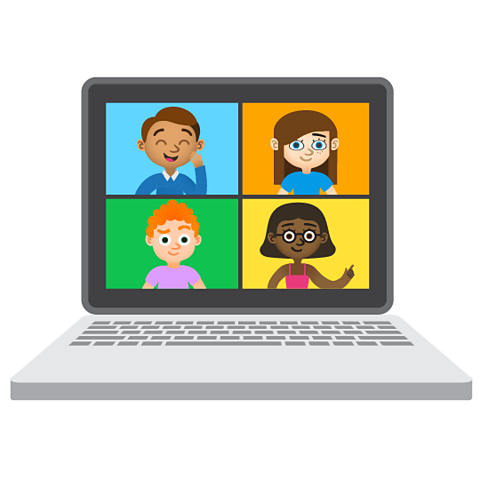
The first rule to remember when you are online is to never share personal information with people you don't know well in real life.
This includes friends of friends, as well as complete strangers.

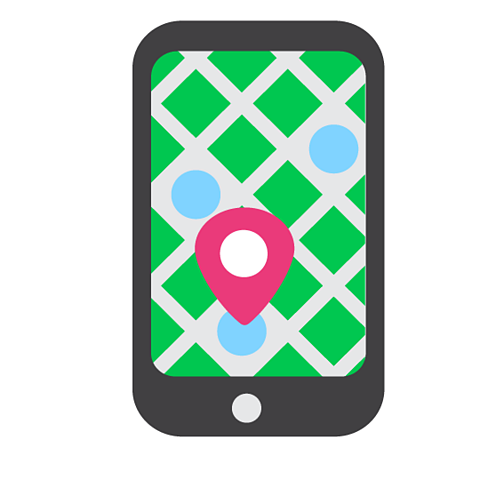
You might want to share a photo of yourself winning a school sports prize, but be careful that you don't also share the name of your school - it might be on your PE kit or school uniform.
A photo near your home might have the street sign in the background which will give away where you live.
It's also very important to make sure others can't see your location details which can show exactly where you are.
This can be very unsafe. It's a good idea to check your account privacy settings and make sure your profile details and location information are not public.
Know who you're dealing with
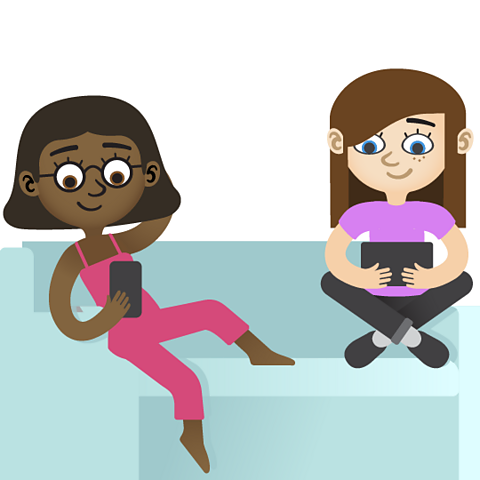
It is a good idea to only play games or chat with people you know in person.
Sometimes online, you might meet people you don't know. Remember to treat them in the same way you would a stranger in the real world. You can be polite, but never share any personal information or ask them for any.

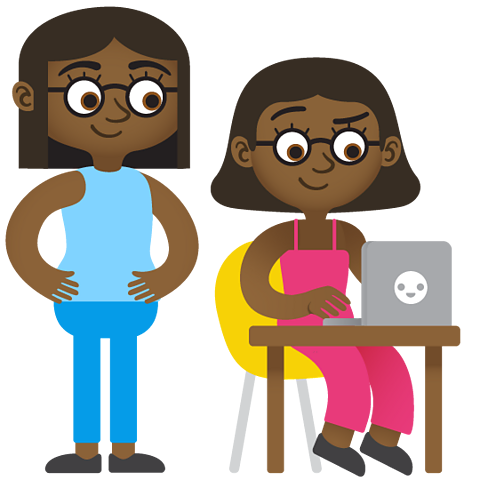
If you feel unsure about someone online, or they make you feel uncomfortable, stop contact straight away and tell a trusted adult.
People you meet online may not be who they say they are, so never arrange to meet someone you have met online in the real world.
Setting up online accounts
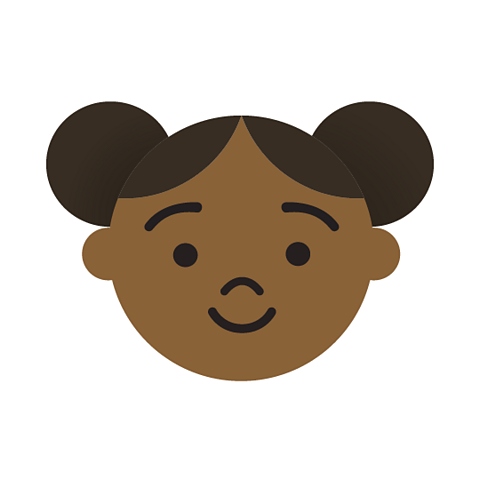
When you set up online accounts use these top tips.
- Always check with a trusted adult before setting up any online accounts.
- Create a nickname instead of using your real name as a username. This helps to keep your personal details private.
- Avoid using a real selfie as your profile image. It's safer and much more fun to create an avatarA digital image that some one has made of themselves., or cartoon version of yourself and use that instead.

Keeping details safe and secure
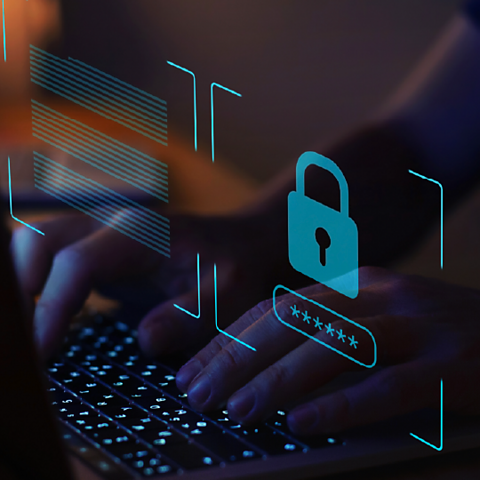
We know how to keep our personal belongings and valuable possessions safe and secure in the offline world.
We know:
- not to leave things lying around when someone could just take them
- to lock doors and windows when we are not at home
- to carry valuables like keys or money in a pocket or bag
It's important to use the same strategies to keep our valuable online information and belongings safe and secure.
We wouldn't want someone getting into our favourite game account and deleting all our treasure, or sending nasty messages to our friends.

Creating and managing passwords
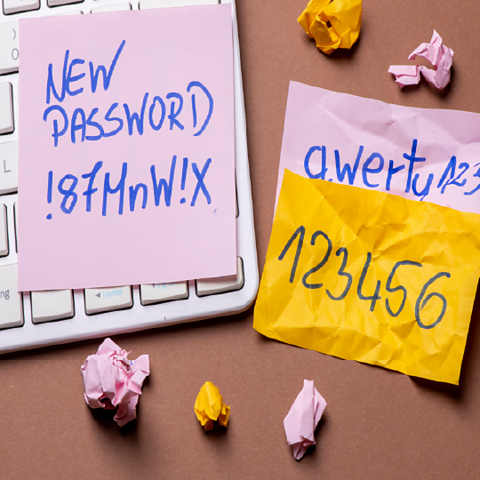
Lots of people pick a passwordA secret series of letters, numbers and symbols used to keep an account private. thatâs easy for them to remember, but is also too easy for other people (or computers) to guess.
Donât use your name, your birthday or the word âpasswordâ when you create one.
A strong password is made up of capital letters, lowercase letters, numbers and symbols.
Keep it quite long, and make it something thatâs not too common, or easy to guess!
Here are some other handy password pointers.
- Use a different password for each user account.
- Donât share your password with your friends.
- If a website offers to save a password say no, unless you are using a digital device that only you can log into.
- Make sure you log out of websites and online sessions completely.
What is hacking and identity theft?
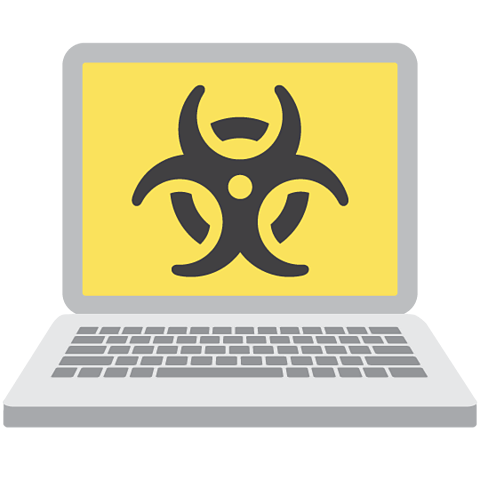
Breaking into an online account without permission is called hackingBreaking into or accessing another person's online account without their permission..
Sometimes the hacker will copy and steal personal information and use it to pretend to be the account user. This is called identify theft.
Getting hacked can be upsetting and frustrating. It's something adults and businesses worry about too.

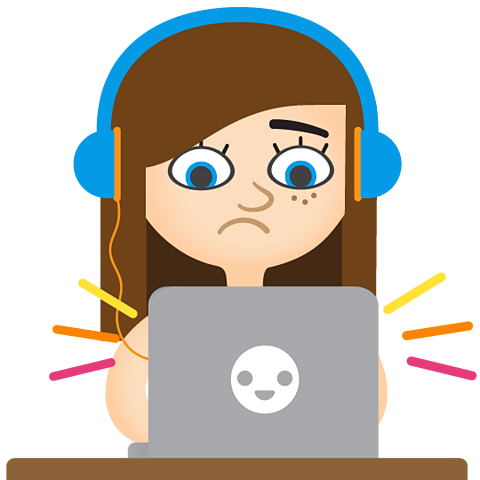
Signs that you might have been hacked might include:
- getting lots of pop-upA small window that suddenly appears (pops up) on top of another screen. Usually an advert or message. from companies offering things you haven't asked for
- your device suddenly starting to slow down
- friends and family asking why you have sent them strange messages or website links
The first thing to do if you think your account has been hacked, is to tell a trusted adult and show them what you have noticed.
Let your friends know what has happened, so they can stop themselves being hacked too.
Complete this online safety quiz
Computing - Dance Mat Typing. gameComputing - Dance Mat Typing
Build and test your computing skills with different levels of touch type challenges

More on Digital literacy
Find out more by working through a topic
- count11 of 12
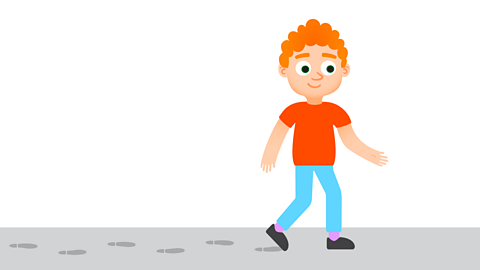
- count1 of 12
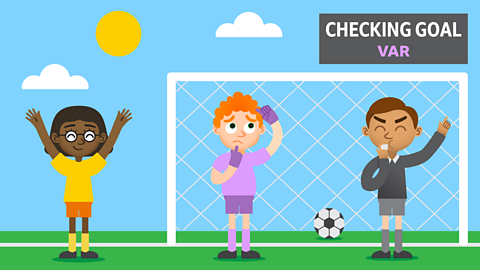
- count2 of 12
